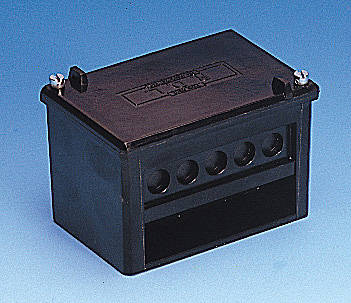I'll try to deal with these points in reverse - as they appear on the screen below.
@ Swingles
I don't get fazed by the curious 'comments', either on this forum or any other - I'm here to get specific information, not have an argument.
You're dead right - I don't want to be dead, nor anyone else who comes near my house; I'm happy to have a qualified tradesman here, be it lecky or plumber or carpenter etc. My reason for having this interest now merely stems from my own 'tinkering', for want of a better word, with lecky circuits many years ago, and perhaps I thought too much of my abilities then, and thought they might be useful now. Hey! I'm probably wrong, but it was worth a try.
And I think I will hunt around a bit before finally giving in to the reality that I could spend less time on this thing by getting a pro-lecky guy in.
Right,
@ban-all-sheds
Yes, as I said earlier, I think you are correct there. I can't add much, but further to your previous post...
I thought I had a grip on connecting the SWA/gland to the metal CU, but agree that I had not given any thought to earthing the gland to the house CU - it is plastic, afterall.
Yes, I was happy with the CU with the three ways in it, but I had not appreciated until today that that would really only be good for two circuits and only one lighting circuit. Now I know I need a larger/more capable one. Thanks.
I don't really understand what you are saying when you say this:
[/quote]Don't supply it from the house CU is the answer.
, in response to when I say at one point that I do not know what provisions will I be putting in place to minimise disruption from my shed electrics tripping out an rcd in the house?
How else could I supply the shed?
I won't go into the other points now, not because they're not important, just that I take on board your opinion. They matter!
***As for the asterisks...*** - I didn't know then how the tags worked. I do now.
@RF
Ok, noted about earthing.
But this line clinches it, I think:
Then you need an electrician to split your meter tails and provide you with a non-RCD protected 50A metalclad switchfuse at your mains position to connect the SWA to.
! Many thanks.




